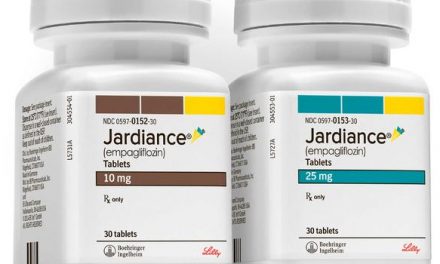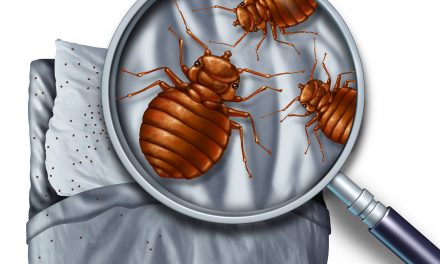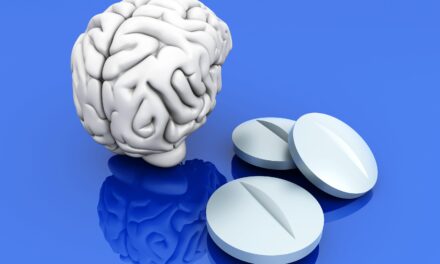Last week we posted a couple stories about how saunas and hot baths were soothing to and good for the body. And one of the reasons is because they both caused the body to sweat.
And because sweat often includes an odor, many people try and stop the process from happening or cover it up with deodorant. But do you know why you sweat or that it’s incredibly important?
RELATED STORY:
Two types of sweat glands
Eccrine glands, the major sweat glands of the human body, can be found in virtually all skin- with the highest density on the palms and soles, then on the head- and effectively regulate body temperature. As our temperature rises, the nervous system goes to work stimulating the eccrine glands to release sweat (which is made up of water, sodium and other substances that help cool the body down).
Apocrine glands are found mainly in the underarm and groin areas (but also the skin, breast, eyelid, and ear). While they are sweat glands and can be stimulated by body temperature, “they are also triggered by stress, anxiety or fluctuating hormones.” 1 But it is the apocrine glands which produce bacteria to help break down the sweat and that causes body odor. (FUN FACT: Apocrine glands in the breast secrete fat droplets into breast milk and those in the ear help form earwax.3
RELATED STORY:
Benefits of sweating
Sweating helps to ease pain
If you’ve got a kink in your back that you can’t seem to work out, working up a sweat might help to soothe the ache (but don’t overdo it and cause more harm). According to James Ting, MD, a sports medicine physician at Hoag Orthopedic Institute in Irvine, California, “Exercise stimulates neurochemical pathways in the brain, resulting in the production of endorphins that act as natural painkillers.” 4
Prevents zits
When we sweat, our pores open and release the dirt and dead skin cells that have built up inside of them. So, it’s wise to wash your face right after a workout because you’ll be able to get a good clean.
Rids the body of toxins
Some experts believe that sweating can flush the body of system-clogging substances like alcohol, cholesterol, and salt. Get the most bang for your bod with indoor cycling or circuit training — two of the sweatiest workouts, according to Melissa Morin, an exercise physiologist and Senior Director of Group Exercise at New York Sports Club.5
Helps control our mood
Ever notice that you hate working out but feel less hateful when you are done? Dr. Ting says that research seems to suggest we have temperature-sensitive neural circuits which connect to specific regions in the brain that may play a significant role in controlling our mood. So, the next time you are feeling crabby, go for a run, take a swim, hop on your bike or sweat it out in a hot yoga session!
Works to prevent colds and other infections
A study from Eberhard Karls University Tubingen, Germany found that our perspiration contains a “naturally occurring antimicrobial peptide called dermcidin, which has been proven to fight tuberculosis germs and other dangerous pathogens.”6
Lowers your risk for kidney stones
Research out of the University of Washington found that regular exercisers sweat out salt and tend to retain calcium in their bones, as opposed to having them collect in the kidneys and urine, where stones form. Frequent sweaters also tend to drink more fluids, another stone prevention mechanism.
RELATED STORY:
Sources and References
- ACSM Certification, May 21, 2013.
- NIH.])
People have an average of two to four million sweat glands. The amount of sweat released by each gland is determined by factors like gender, genetics, environmental conditions, age, weight or fitness level. If a person weighs more, they are likely to sweat more because the body has to exert more energy to function and there is more body mass to cool down. However, a very fit person will begin sweating earlier and easier because the body becomes more efficient at regulating its temperature. And interestingly, when you start sweating earlier “the body cools down faster, which releases extra body heat and allows you to work out harder for longer.”2ACSM Certification, May 21, 2013.
- Fitness Magazine.
- Fitness Magazine.
- Fitness Magazine.












